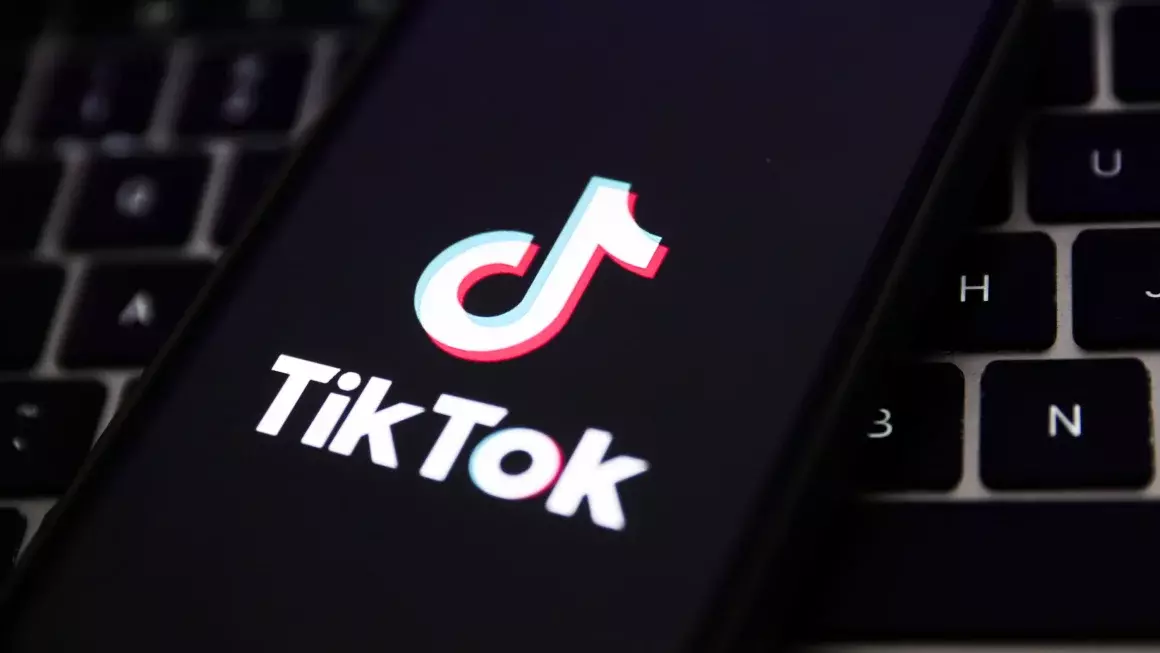TikTok and ByteDance Sue U.S. Government Over Law Mandating Divestiture or Ban
Rajesh Kumar
21 May 2024 6:00 PM IST

Next Story
21 May 2024 6:00 PM IST
TikTok and its parent company, ByteDance, have initiated legal proceedings against the U.S. government in response to new legislation mandating ByteDance to divest its ownership of the social media platform or face a ban within the United States. The suit, filed on Tuesday in the U.S. Court of Appeals for the District of Columbia Circuit, claims the legislation violates the First...
